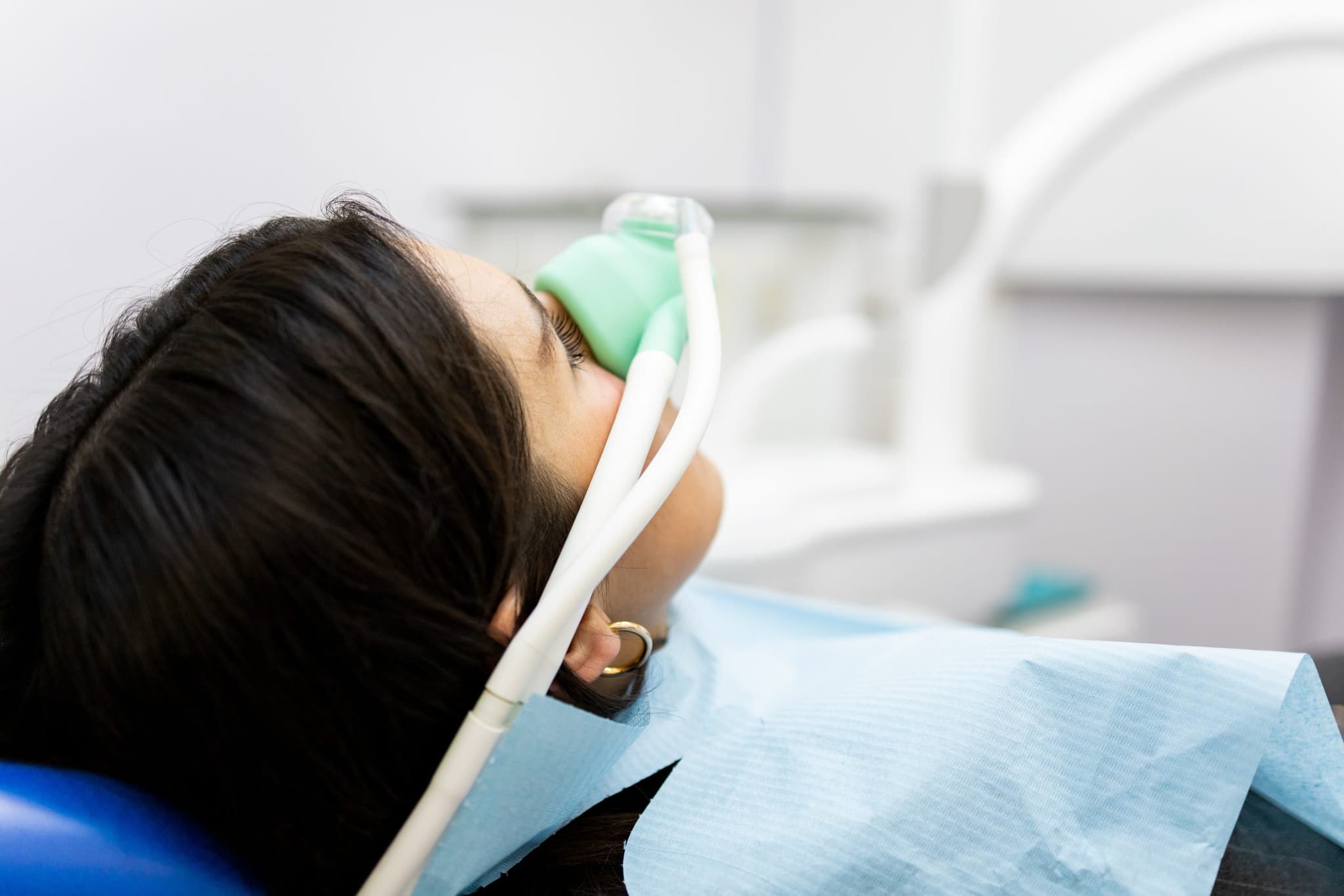
2025-12-17T17:11:43
Why OBGYN Clinics Are Using Nitrous Oxide for Pain Relief
- OB/GYN
June 22, 2018 | OB/GYN
Specialties:OB/GYN

The ovaries are vital areas in the female reproductive system that help prepare the body for pregnancy. Ovaries prepare eggs for impregnation and then help regulate the process of a period when no pregnancy takes place.
In some cases, however, small cysts meant to dissolve as part of the menstrual process inside the ovary do not do so – these cysts are often unharmful and show no signs, but in other cases they can present major risks.
Identifying Cyst Presence
As we noted above, most ovarian cysts will come without symptoms and won’t require treatment or identification – they’ll resolve naturally. In other cases, they could show symptoms including:
If the symptoms above are consistently or severely present, it’s likely your doctor will have you undergo an ultrasound for a positive ovarian cyst diagnosis.
Types of Cysts
There are a few different types of ovarian cysts, classified on the underlying causes that lead to them. To begin with, there are two types of “functional cysts” – cysts that grow from a normal monthly follicle, meant to produce hormones and release an egg during ovulation. These two types are:
Both these functional cysts generally resolve with time, though they can cause issues if they become large enough or rupture. There are a few other types of cysts that may be present as well, which are unrelated to the standard menstrual cycle:
Ovary Damage and Cyst Complications
As we’ve noted, most ovarian cysts go without symptoms or complications – and even those that do have noticeable symptoms will generally resolve with nothing more than some basic pain or discomfort. However, there are a few possible complications, involving ovary damage that can arise:
Your doctor can offer further recommendations on identifying and treating ovarian cysts.
Sources:
“Do I Have an Ovarian Cyst?” WebMD. https://blogs.webmd.com/womens-health/2015/12/do-i-have-an-ovarian-cyst.html
“Ovarian cysts.” The Mayo Clinic. https://www.mayoclinic.org/diseases-conditions/ovarian-cysts/symptoms-causes/syc-20353405

WRITTEN BY:
The Live Better Team

2025-12-17T17:11:43

2025-11-21T14:10:25

2024-09-19T11:59:35

2019-12-31T15:15:01
This information is not intended to replace the advice of a medical professional. You should always consult your doctor before making decisions about your health.